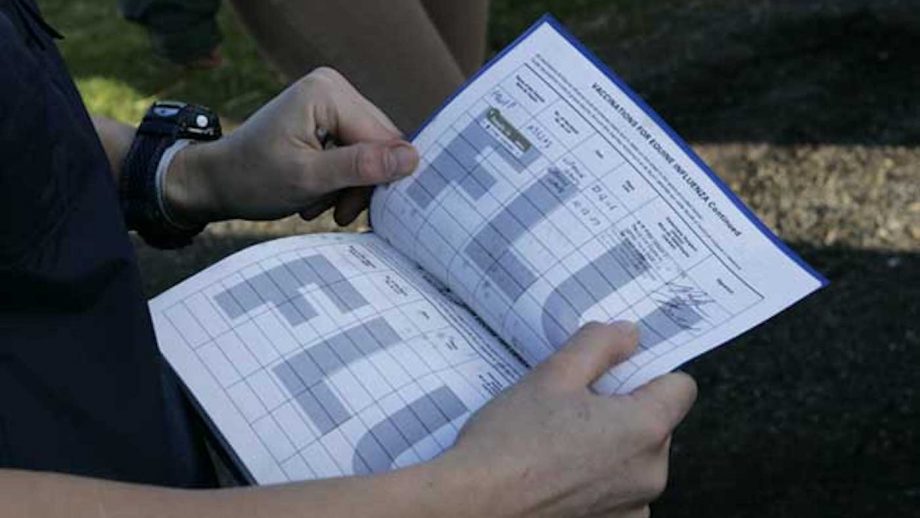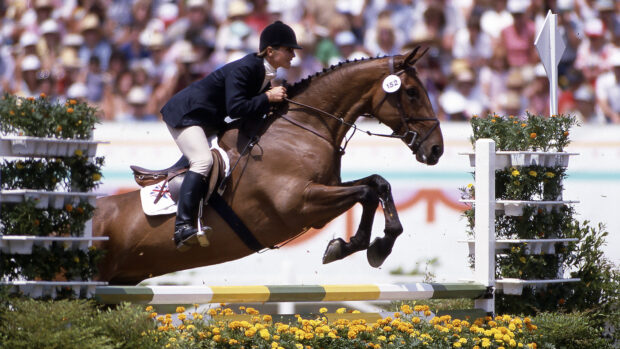A new strain of equine flu is causing the current outbreak, the Animal Health Trust (AHT) has confirmed – but vaccinated horses are protected against it.
The charity has now confirmed flu outbreaks in 17 counties in England and Scotland, in unvaccinated and vaccinated horses.
The strain of the virus circulating is a new one, but vaccinated horses should have a level of protection from it.
“If vaccinated horses are exposed to the virus, clinical signs should be milder and they should get better faster than an unvaccinated horse,” an AHT spokesman said.
“This has been demonstrated in the vaccinated cases seen so far this year.
“Reassuringly, the charity confirms that vaccines are providing a better degree of protection than was initially thought when disease outbreaks became apparent in Europe, especially when recent boosting has been implemented.”
The AHT “continues to emphasise the importance of vaccination” in protecting horses against equine flu, and recommends that all horse owners revaccinate if a horse’s booster vaccination was given more than six months ago.
“It is clear that this strain of the virus (Florida clade 1 H3N8) is not going away and is taking advantage of any opportunity given to it to spread among our horse population,” the spokesman said.
“Collectively, we all need to do everything we can to minimise these opportunities.”
Continues below…

Equine flu: what all owners need to know to protect their horses

Equine flu: do we need an epidemic before we act?
Horse owners need to understand the importance of vaccination, an expert has warned

Subscribe to Horse & Hound magazine today – and enjoy unlimited website access all year round
The AHT recommends that owners adhere to five basic protocols:
Vaccinate – boost your horse’s vaccination if it was given more than six months ago and encourage others to do the same. If your horse is not vaccinated, it will need to start a course of vaccinations and will not have protection until two weeks after the second vaccine in the course is given.
Isolate – what biosecurity measures are in place at your own yard? Immediately isolate new or unwell horses away from the main yard to help prevent the disease spreading. Make sure you know your own biosecurity policies, and if you are not sure ask yard owners or managers.
Investigate – if you’re planning to attend an event or training, speak to the organisers and ask about biosecurity policies – what is in place to minimise the spread of disease? If you are not comfortable with what is in place, don’t attend!
Communicate – we encourage vets and horse owners to be open if they have a suspected or confirmed outbreak, to help minimise the spread of flu to others.
Mitigate – horse owners are encouraged to do all they can to know the risk of moving their horse or attending an event. Gather as much information as you can to enable you to mitigate against the risk and make your own sensible decision based on this.
The latest information from the AHT on equine flu outbreaks is available from the charity’s flu website or Twitter account @equiflunet
For all the latest news analysis, competition reports, interviews, features and much more, don’t miss Horse & Hound magazine, on sale every Thursday.





